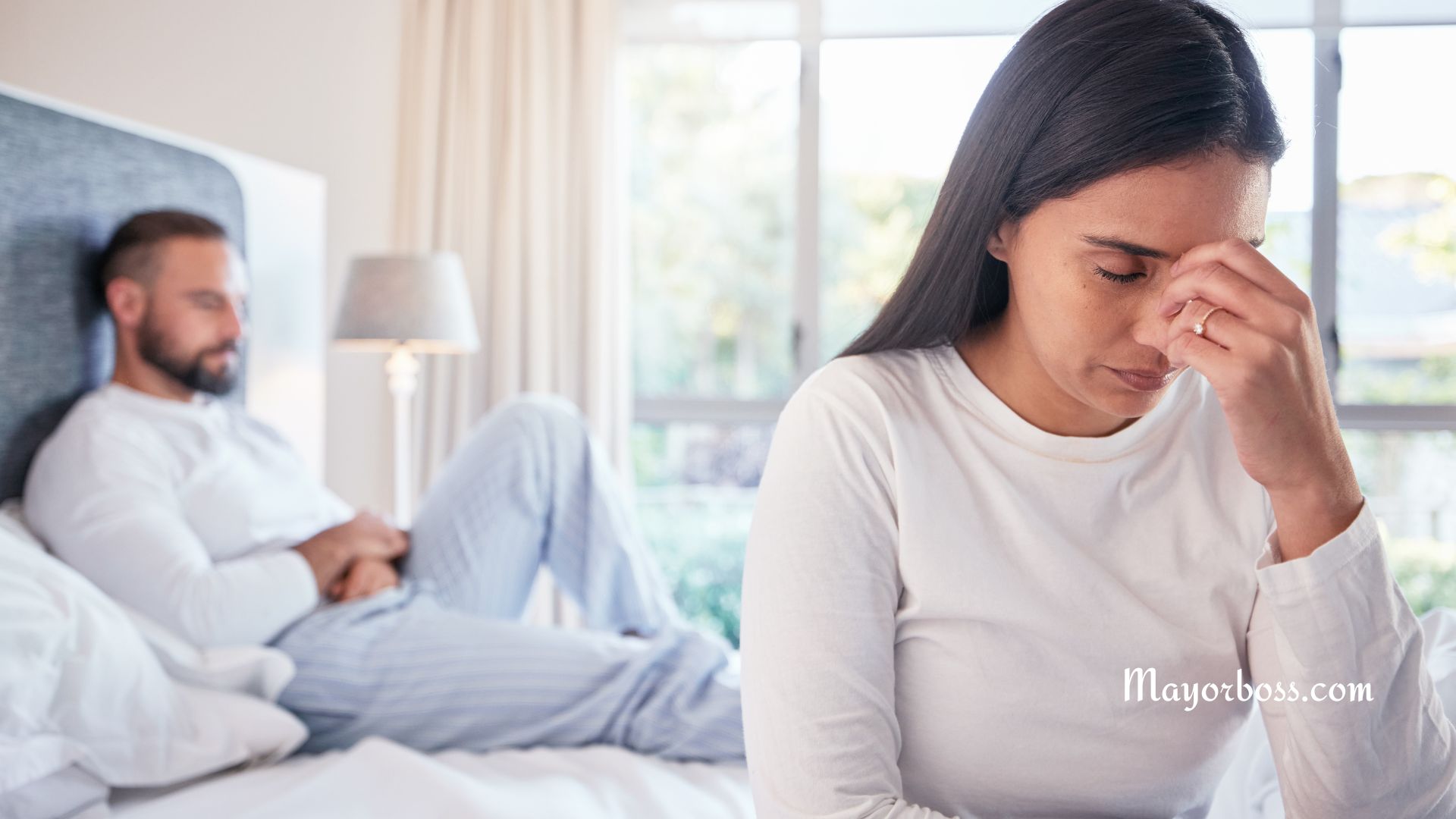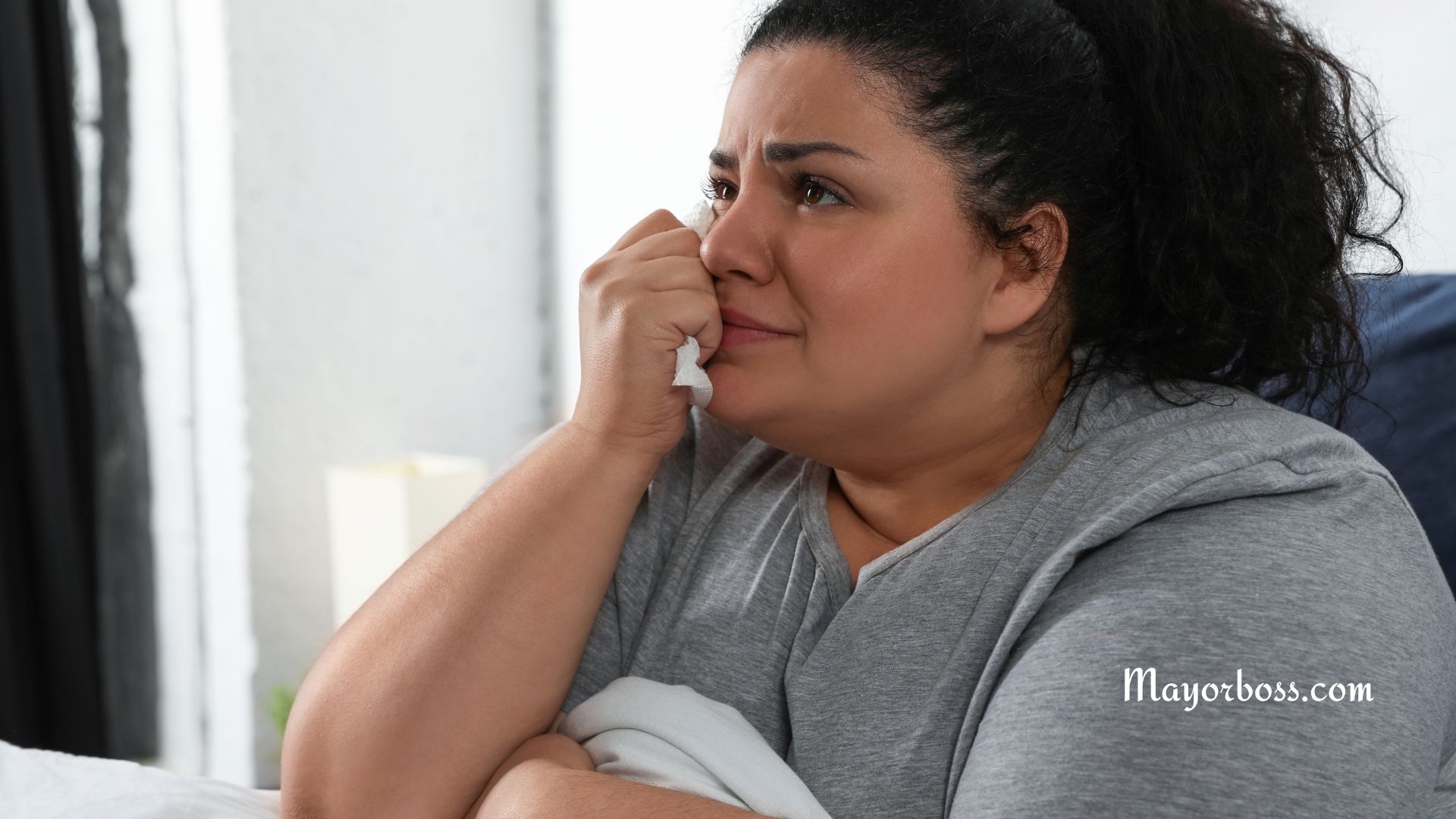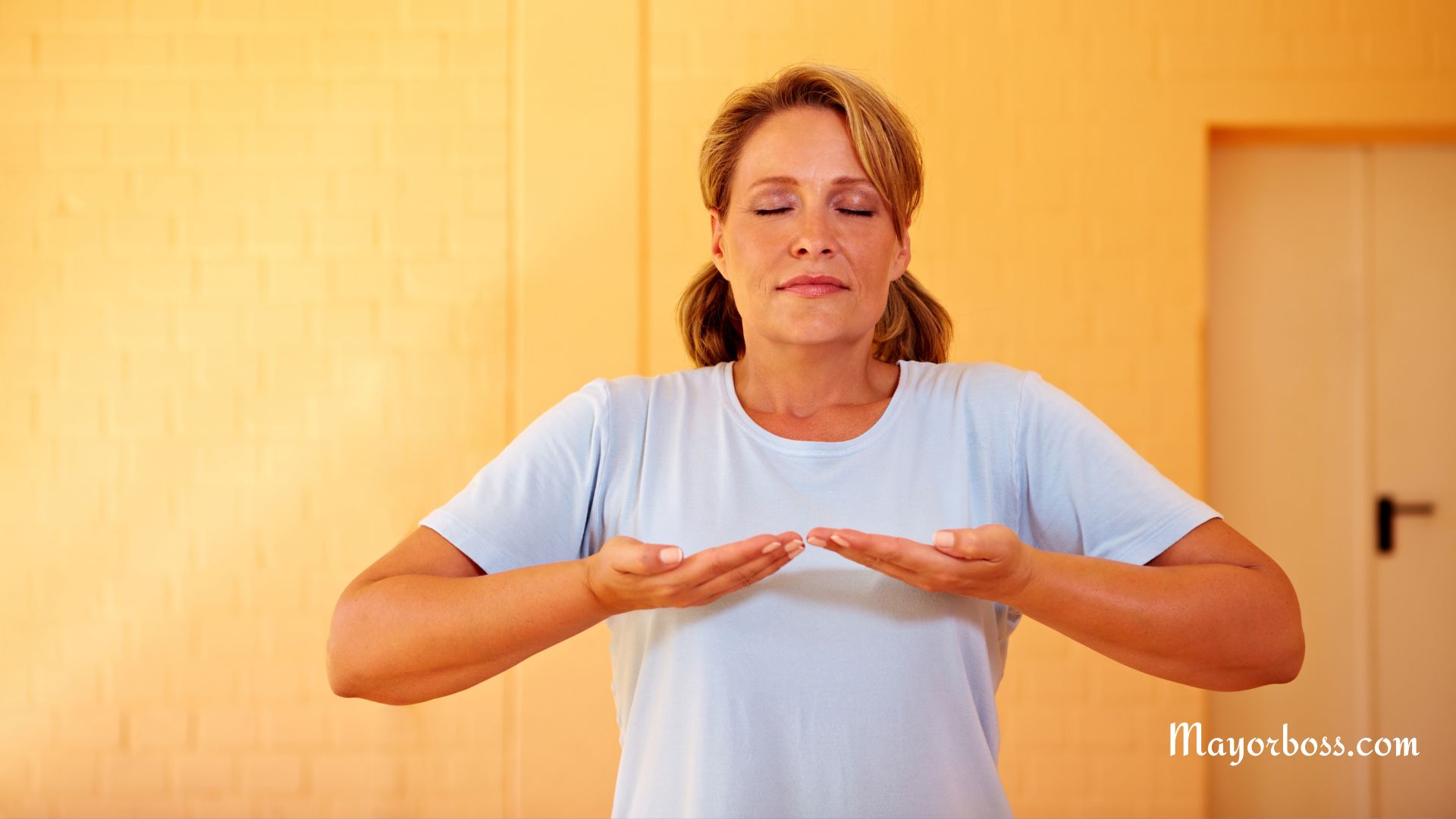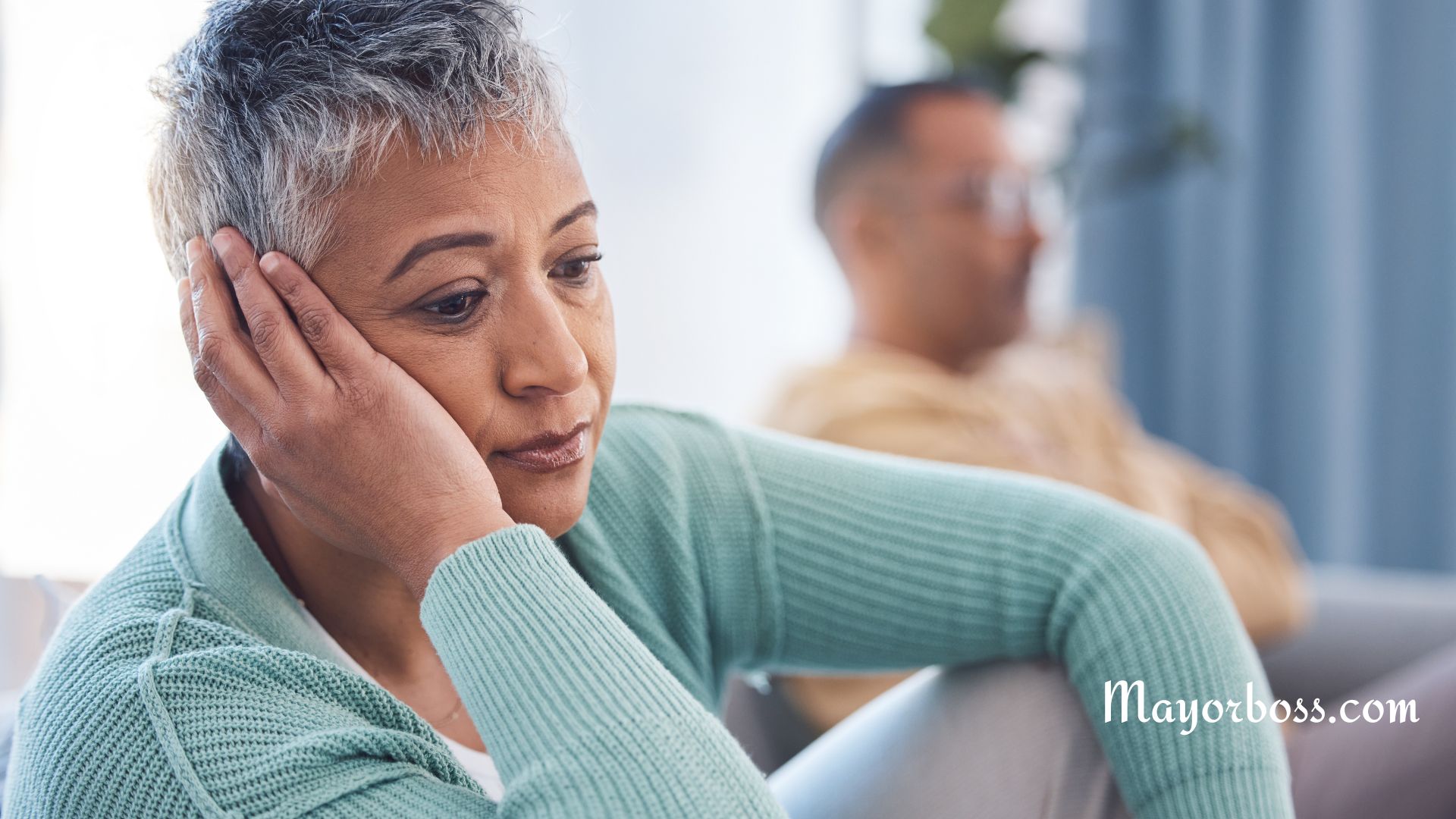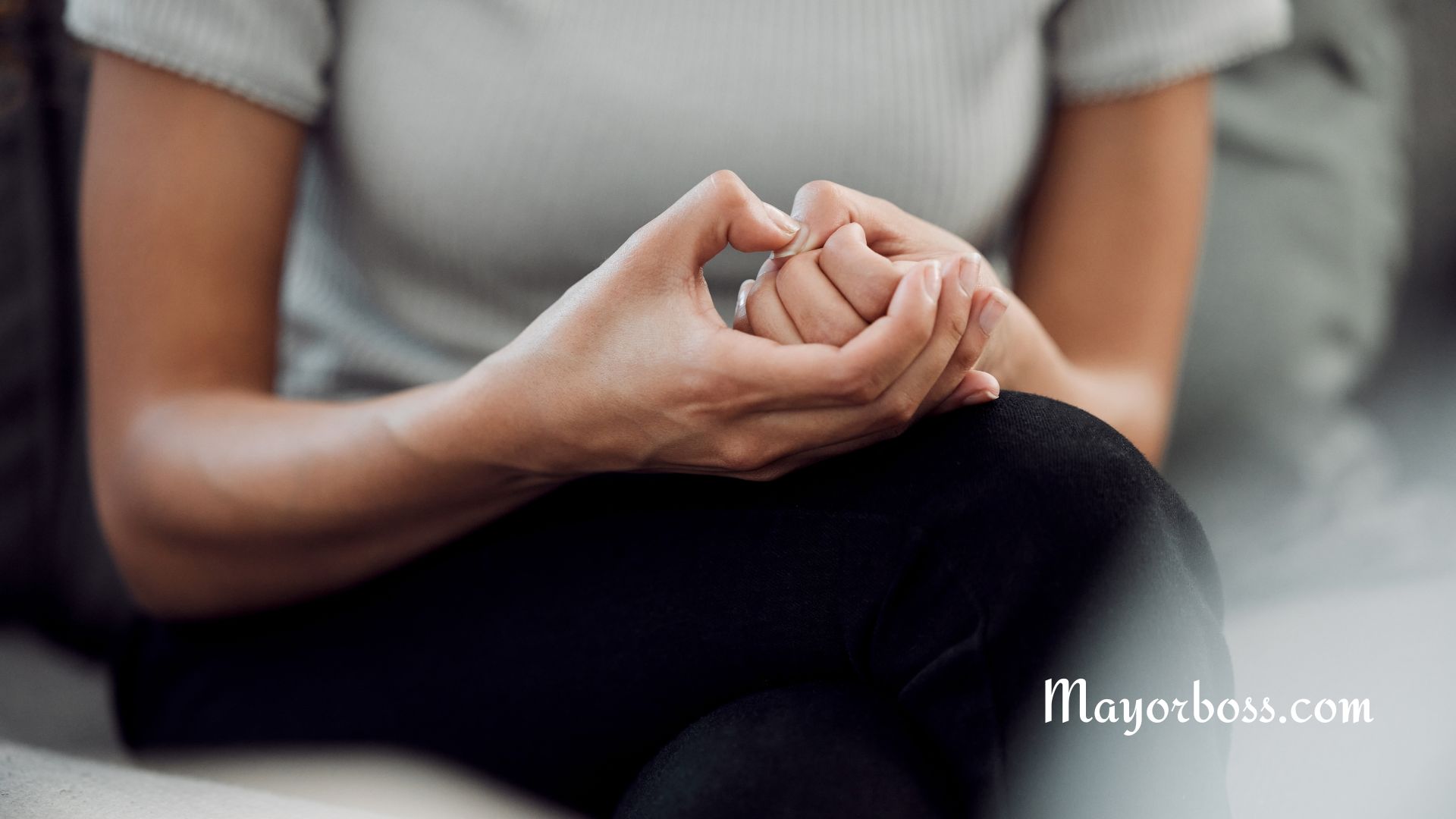The Subtle Signs of Anxiety
Anxiety, a common emotion, is more common in our lives than one might think. With the pressures of modern life, feeling anxious may be an everyday reality for many. But what if your anxiety is more than just occasional worries? This article will help you identify the subtle signs of anxiety, which may seem minor but could be indicative of a larger issue.
One of the following states might be familiar to you. You may feel jittery, your heart may race, or you may have a constant, nagging feeling of impending doom. Without explicit triggers, you may feel as though you’re perpetually on edge. This type of perpetual worry or unease is caused by anxiety, a mental health disorder that is increasingly common in today’s society.
The Subtle Signs of Anxiety
Overthinking
Overthinking is one of the common yet subtle signs of anxiety. You might find yourself constantly ruminating over past conversations, worrying about future events, or analyzing minor things in detail. And while everyone overthinks from time to time, constant overthinking might be a sign of anxiety.
Restlessness
Restlessness, like overthinking, can be a symptom of anxiety. You may find it hard to sit still, always feeling the need to be active or busy. In some cases, this may seem like you’re just energetic, but if it’s interfering with your sleep or concentration, it could be a sign of anxiety.
Irritability
Another subtle sign of anxiety is irritability. If you find that you’re more irritable than usual, snapping at loved ones for no apparent reason, it could be an indicator of anxiety. In addition to general irritability, you may also be sensitive to criticism or fear of making mistakes.
Fatigue
Despite popular belief, anxiety doesn’t always make you hyperactive. Often, it can leave you feeling fatigued or tired. With the constant state of worry and stress, your body is in a perpetual state of readiness, which can be exhausting.
Trouble Concentrating
Concentration issues may be another subtle sign of anxiety. You may find it difficult to focus on tasks or remember information. This may be due to the fact that your mind is preoccupied with worries, preventing you from focusing on the task at hand.
Physical Symptoms
Physical symptoms are also common with this condition and can often be overlooked as signs of anxiety. These may be muscle tension, headaches, or gastrointestinal issues such as an upset stomach and anxiety poop. Without enough understanding, these physical symptoms can be mistaken for other medical issues.
If you recognize some of these symptoms in yourself, it’s essential to seek professional advice. A healthcare professional can help determine if you are dealing with an anxiety disorder and guide you through the next steps.
Treatment
Treatment may include a combination of therapy, medication, and lifestyle changes. Cognitive behavioral therapy (CBT), for example, is a common form of treatment that helps you understand and change thought patterns that lead to harmful feelings or actions. It is also important to engage in self-care activities such as exercise, healthy eating, and meditation, which can help manage symptoms of anxiety.
Before your visit to a healthcare professional, it’s helpful to note down any symptoms you’re experiencing. At the visit, be open about your feelings and concerns. He or she can then provide a proper diagnosis and treatment plan.
Further Reading: 10 Tips On How To Fight Anxiety
Frequently Asked Questions
Triggers of anxiety can vary widely depending on the individual. Some common triggers include stress in personal relationships such as marriage or friendships, stress at work or school, financial stress, stress from a traumatic event like a car accident or natural disaster, side effects of medication, caffeine, skipping meals, negative thinking, and certain physical health conditions.
While anxiety can’t be “cured” in the traditional sense, it can be effectively managed with the right treatment plan, enabling individuals to lead fulfilling lives.
Physical activity, a healthy diet, sufficient sleep, and relaxation techniques can help manage anxiety. However, professional help may be required, especially in severe cases.

